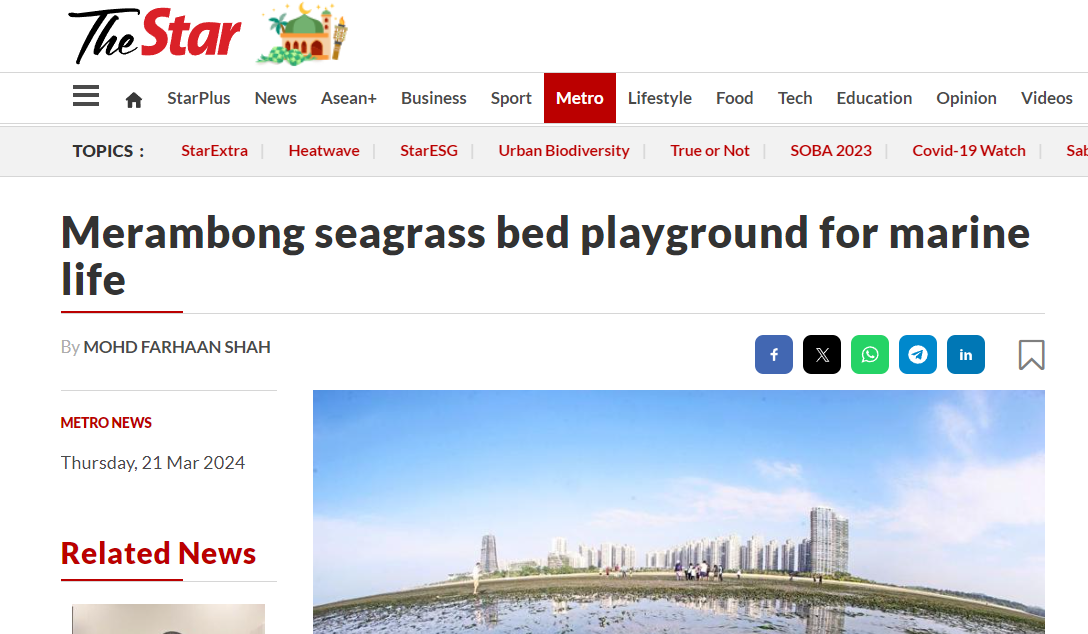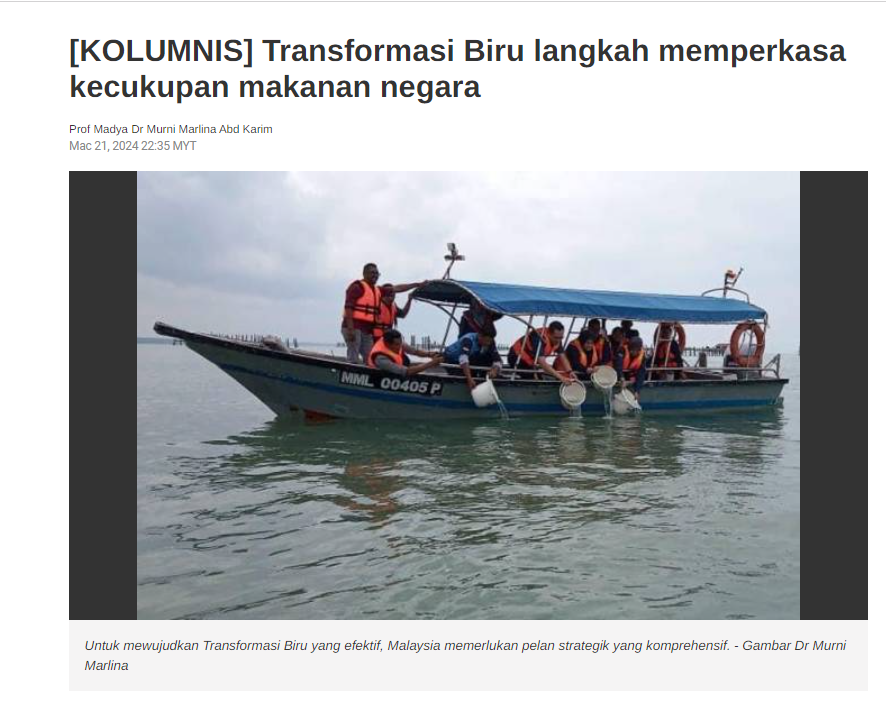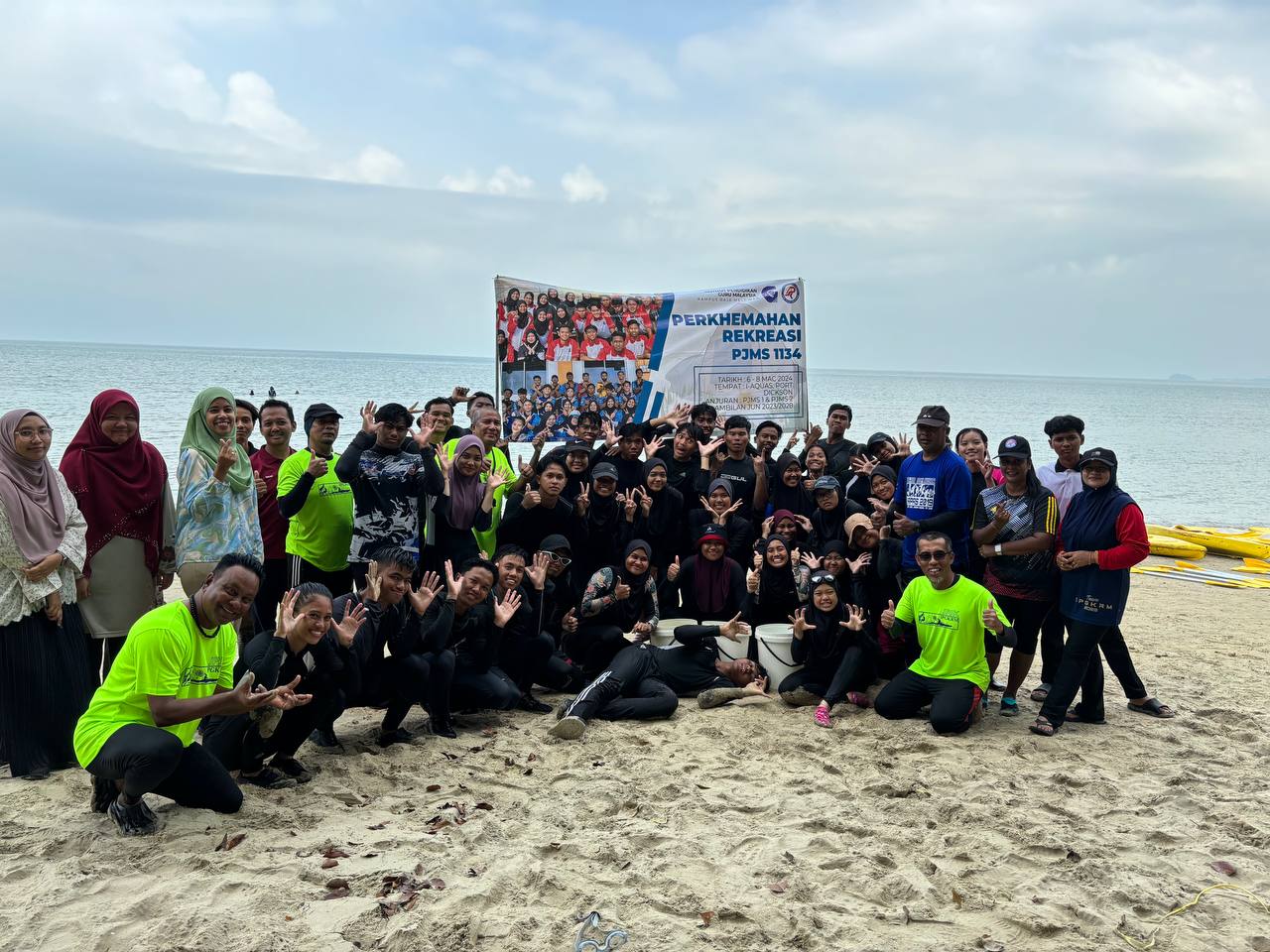By : Prof Madya Dr Murni Marlina Abd Karim
The whole world is shocked by the spreading of the COVID-19 virus that began in Wuhan, China in December 2019. The virus, which has spread to almost the entire world, was declared a pandemic by the World Health Organization on March 11, 2020. The world is working hard to address COVID-19 due to the increasing number of infections followed by death. No exception for Malaysia, the increasing number of infections and death rates had led the government to impose a Movement Control Order (CPP) to curb the spread of the COVID-19 outbreak.The CPP period, originally from March 18 to 31, and now has been extended until April 28, 2020.
It is undeniable that COVID-19 has an impact on the aquaculture industry not only in Malaysia but also in other countries, especially countries that are subject to movement control and curfew. In Malaysia, the CPP affects aquaculture entrepreneurs due to the lack of demand from wholesalers and traders. With declining traders in markets and eateries, wholesalers are no longer taking fish or shrimp from breeders on a large scale.
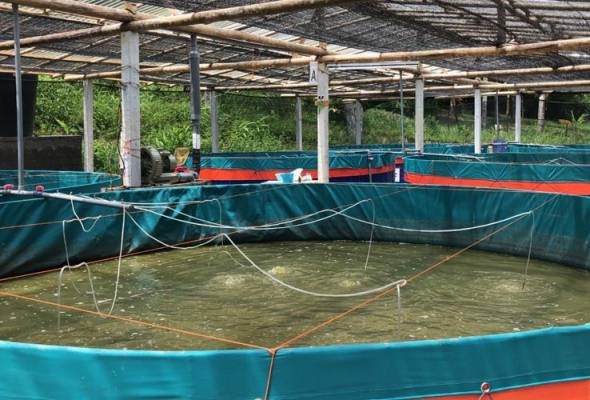 We hope the country's aquaculture industry continues to survive and recover quickly as it did after the outbreak of the COVID-19 outbreak. - Photo by Dr. Murni Marlina
We hope the country's aquaculture industry continues to survive and recover quickly as it did after the outbreak of the COVID-19 outbreak. - Photo by Dr. Murni Marlina
There may also be some who have stopped producing livestock during the CPP period. For example, traders in a market with a permanent building structure are allowed to operate but not for the farmer and night market. This in turn reduces the number of traders taking supplies from wholesalers and reducing demand for breeders. It also has an impact on the price of fish in the market. There are even seafood restaurants that have begun to stop operating. Some breeders have also complained about lowering the price of fish sales to the cost.
In addition, the aquaculture industry has to compete with fisheries as some traders take fish directly from fishermen and sell it in the market. Livestock that are ready to be 'harvested' should be kept in the pond longer by breeders due to lack of demand. This, in turn, has led to an increase in the cost of care especially in terms of fish food.
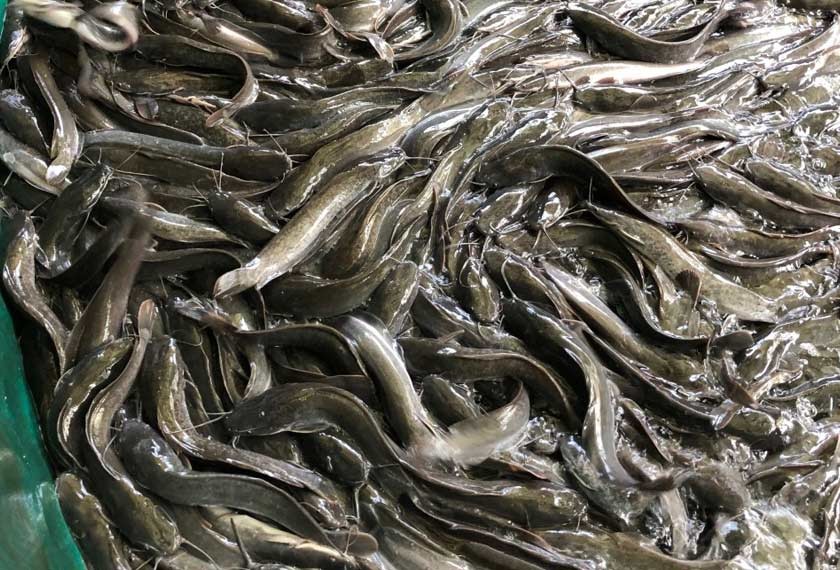 Catfish that are ready to be 'harvested' kept in the pond longer by breeders due to lack of demand
Catfish that are ready to be 'harvested' kept in the pond longer by breeders due to lack of demand
Not only that, employers also have to cover other management costs such as equipment, water, workers and others. Because of this situation, workers that work in the ponds have to continue their duties and at their salaries need to be paid by the employer. This instability has made aquaculture entrepreneurs economically trapped. However, the government did not prevent agricultural activities such as fisheries and aquaculture to continue to provide adequate food for the people. Aquaculture entrepreneurs may need to think of solutions to avoid the instability of their business. For example, they can sell livestock products online, send them directly to the home, or sell them frozen. This may help to reduce their burden.
Some operators also take the initiative by asking their suppliers to extend or delay the payment of livestock supplies and tools for pond management. In China, after a 50-day confinement order, the aquaculture industry there did not take long to recover and many were back in operation. The recovery of the industry there is not difficult as the Chinese love seafood and the country has a large aquaculture industry, according to a report by The Fish Site’s China. Therefore, we also hope that the aquaculture industry in the country continues to survive and recover quickly as it did after the COVID-19 outbreak. Collaboration and support from all quarters is essential for aquaculture entrepreneurs at this time.
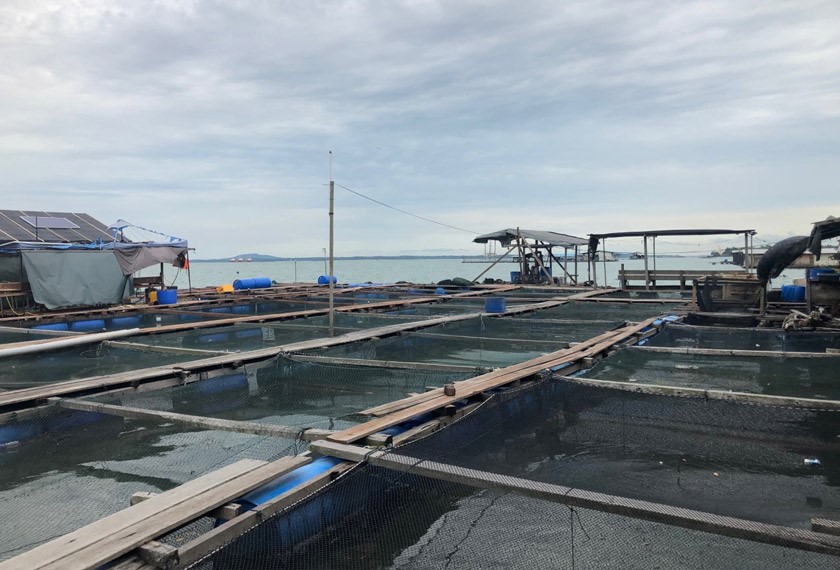
In this situation, not only is the aquaculture industry affected, but all businesses suffer the same fate.
Date of Input: 31/01/2021 |
Updated: 31/01/2021 | nsyahirah
MEDIA SHARING













 We hope the country's aquaculture industry continues to survive and recover quickly as it did after the outbreak of the COVID-19 outbreak. - Photo by Dr. Murni Marlina
We hope the country's aquaculture industry continues to survive and recover quickly as it did after the outbreak of the COVID-19 outbreak. - Photo by Dr. Murni Marlina Catfish that are ready to be 'harvested' kept in the pond longer by breeders due to lack of demand
Catfish that are ready to be 'harvested' kept in the pond longer by breeders due to lack of demand
